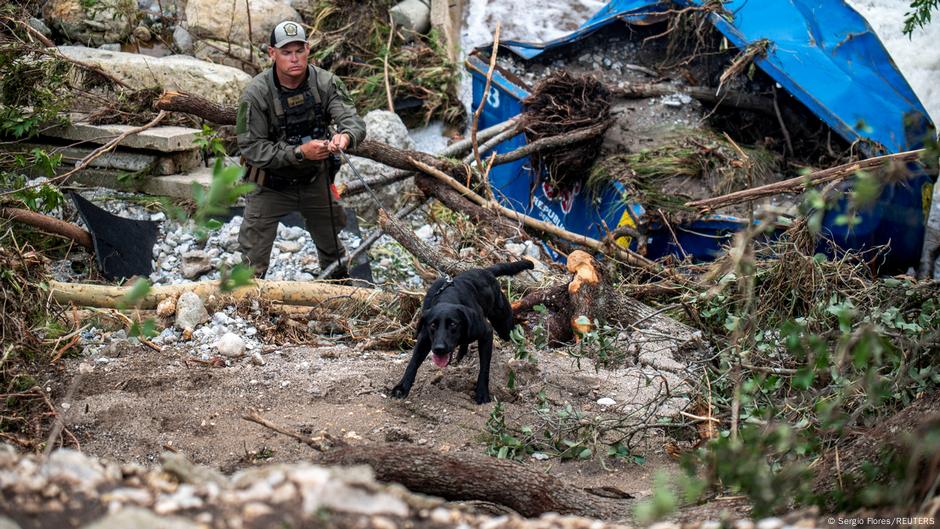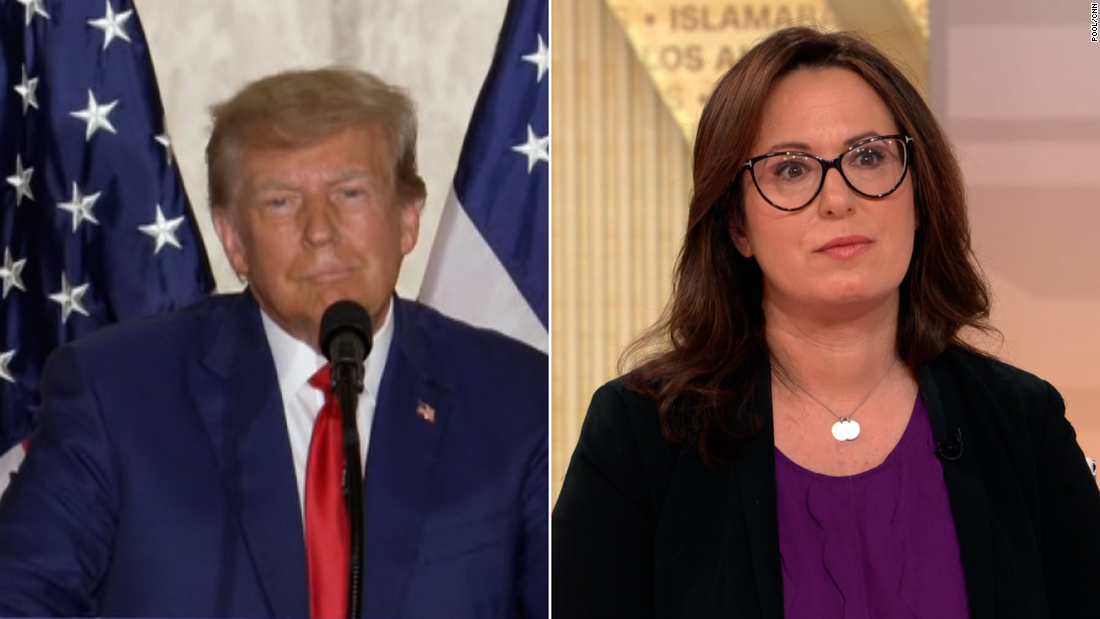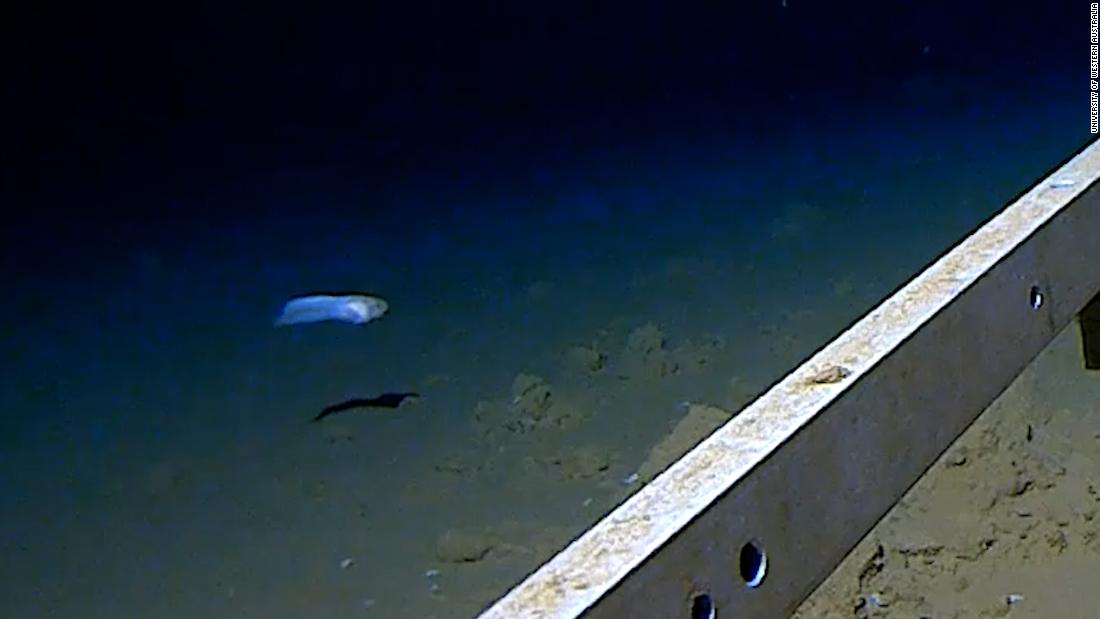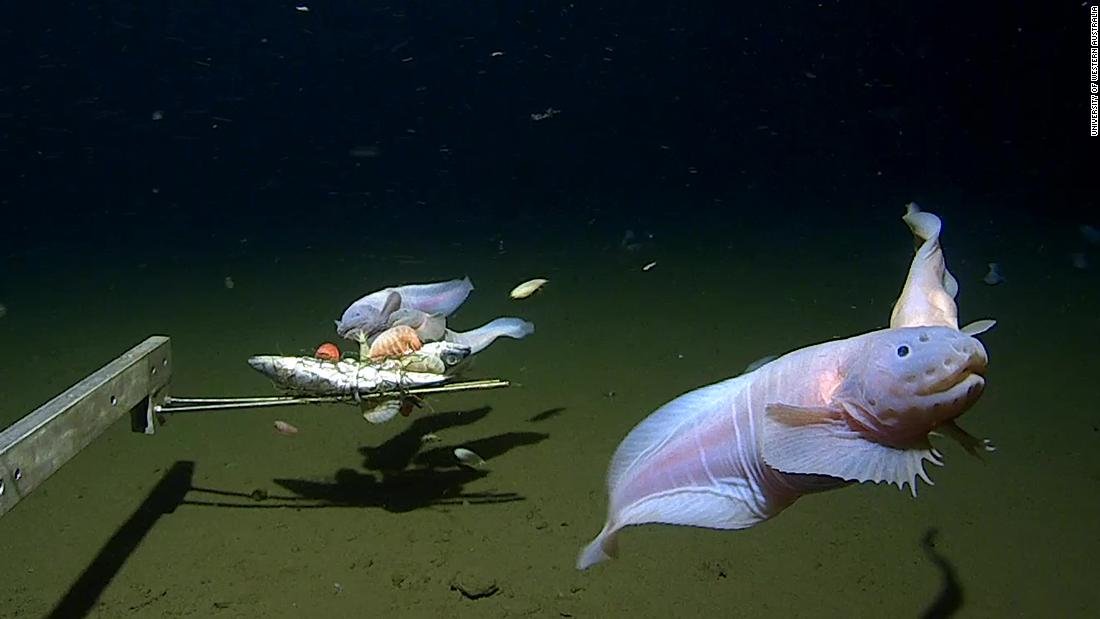His supporters hailed the laws, calling them progressive, and said they would help fight digital crimes and improve national security.
But rights groups maintain the laws, especially the Cyber Crimes Act, are undemocratic, and stifle freedom of expression and speech.
The laws allow for the interception and surveillance of all electronic communications, including calls, emails, messages and streamed content. The Zambia Cyber Security Agency has been moved from an independent state agency and brought under the Office of the President.
Violating the laws also carries significant consequences: the legislation allows for the extradition of Zambians abroad, and stiff penalties, from fines to prison sentences — potentially two to 25 years — depending on the specific offense committed.
How can Ghana and Zambia defeat cybercrime?
To play this audio please enable JavaScript, and consider upgrading to a web browser that supports HTML5 audio
Intrusive laws
Mulambo Haimbe, Zambia’s Minister of Foreign Affairs and International Cooperation, said the legislation is meant to protect citizens online and not stifle fundamental freedoms.
“This conception that the cyber laws are perhaps meant to intrude, to go into your personal details in a willy-nilly fashion is not correct,” he told journalists at a press briefing in Lusaka.
“It needs to be put in its proper context, contrary to the assertions that the government’s intention is to intercept any of your communication and break into your gadget,” he added.
Oliver Shalala Sepiso, a media consultant for the ruling United Party for National Development (UPND), also defended Zambia’s new cyber laws — saying they are not about the surveillance of citizens but merely for digital or data protection.
Given that the laws are meant to protect Zambians from digital crimes and identity theft while improving national security, their enactment on April 8 received surprisingly little fanfare. There was so little media coverage that most Zambians only learned about the new rules through an alert issued by the United States embassy in Lusaka, warning Zambians abroad about the intrusive nature of the legislation.
“Cyber legislation is needed to combat cybercrimes that are very rampant, like identity theft, and online fraud,” Richard Mulonga, CEO of Bloggers of Zambia, told DW.
“There are some provisions that have the potential to restrict free expression, for example, assembly and association, and just broader digital rights.”
Lungisani Zulu, President of the Law Association of Zambia, said his association will challenge the new law in court.
“Numerous provisions of the Act, which is now law, infringe upon the rights and freedoms of citizens, hinder a free press, and have the potential to undermine the cherished democracy in our country,” Zulu said.
Free speech at risk
The new laws replace the Cyber Security and Cyber Crimes Act of 2021, which was passed by former president, Edgar Lungu. Under these laws, Zambia police arrested Mbewe Sibajene in April 2024 for circulating satirical memes and videos mocking government officials and institutions. Police said the memes were abusive, defamatory, and aimed at inciting public disorder towards state institutions.
The legacy of former Zambian president Edgar Lungu
To play this audio please enable JavaScript, and consider upgrading to a web browser that supports HTML5 audio
Among the contentious provisions are laws that criminalize so-called false information, vague definitions of indecent content, and a lack of protection for journalists reporting on sensitive national issues.
The Media Institute of Southern Africa (MISA), a regional media watchdog in eight African countries, says the new law has already impacted journalists negatively.
“Journalists are living in fear because whenever they are doing their stories, they need to now do self-censorship because they don’t know what is going to come out from what they are doing,” Kennedy Mbulo, vice chairperson of MISA Zambia, told DW, “it has also impacted investigative journalism. You cannot record an individual because one day that could be used as evidence.”
Tech-savvy young Zambians are divided over the new cyber laws.
Kellys Mushota, a frequent social media user and youth member of Zambia’s Congress of Trade Unions, has noticed some changes online.
“The enactment of this law has seen some reduction in the number of harassment or even the way of harassment social media users engage in. However, there has also been a reduction of the will by people to speak freely on matters such as governance and politics,” he told DW.
Kitwe-based 22-year-old researcher Joshua Seke says young people online are worried about their private conversations being intercepted by authorities.
“If you look at what young people are saying online, does it mean that now I can’t laugh with my girl online? Is the government actually going to read everything that we do?” he asked.
Others, like 31-year-old Lusaka resident Mary Ndau, told DW that the laws would discourage online abuse.
“People will be doing the right thing online, they will not express bad behaviors or bully others online because they will be subjected to the law,” she said.
Zambian president Hakainde Hichilema, known coloquially as HH, has enacted far-reaching cybersecurity laws, despite opposing similiar legislation as an opposition leaderImage: Salim Dawood/AFP/Getty Images
Hichilema goes from critic to implementer
As opposition leader, President Hichilema repeatedly criticized cyber laws, describing them as tools of government surveillance. Yet he has enacted arguably even stricter cybersecurity laws.
Kampala-based Edrine Wanyama of CIPESA (Collaboration on International ICT Policy for East and Southern Africa), says cyber security legislation is not unique to Zambia, with neighbors South Africa, Zimbabwe, Namibia, and Malawi also enacting cybersecurity laws.
“Countries tend to pick practices from one country, and apply in theirs,” the lawyer told DW. “The whole virus keeps biting the rest of the continent, and these laws have been found to be effective for governments in checking on freedoms of expression, access to information, assembly and association in the online spaces.”
The West Africa Media Foundation has also reported a rise in restrictive cyber laws infringing on freedom of expression and privacy in countries like Nigeria, Cameroon, Ivory Coast, Benin and Niger.
Edited by: Cai Nebe
Africa’s young victims of cyber harassment
To view this video please enable JavaScript, and consider upgrading to a web browser that supports HTML5 video
Kathy Short Reporter for DW Africa covering hard news and features for the daily AfricaLink radio show.Send us your feedback
Sursa: DW









